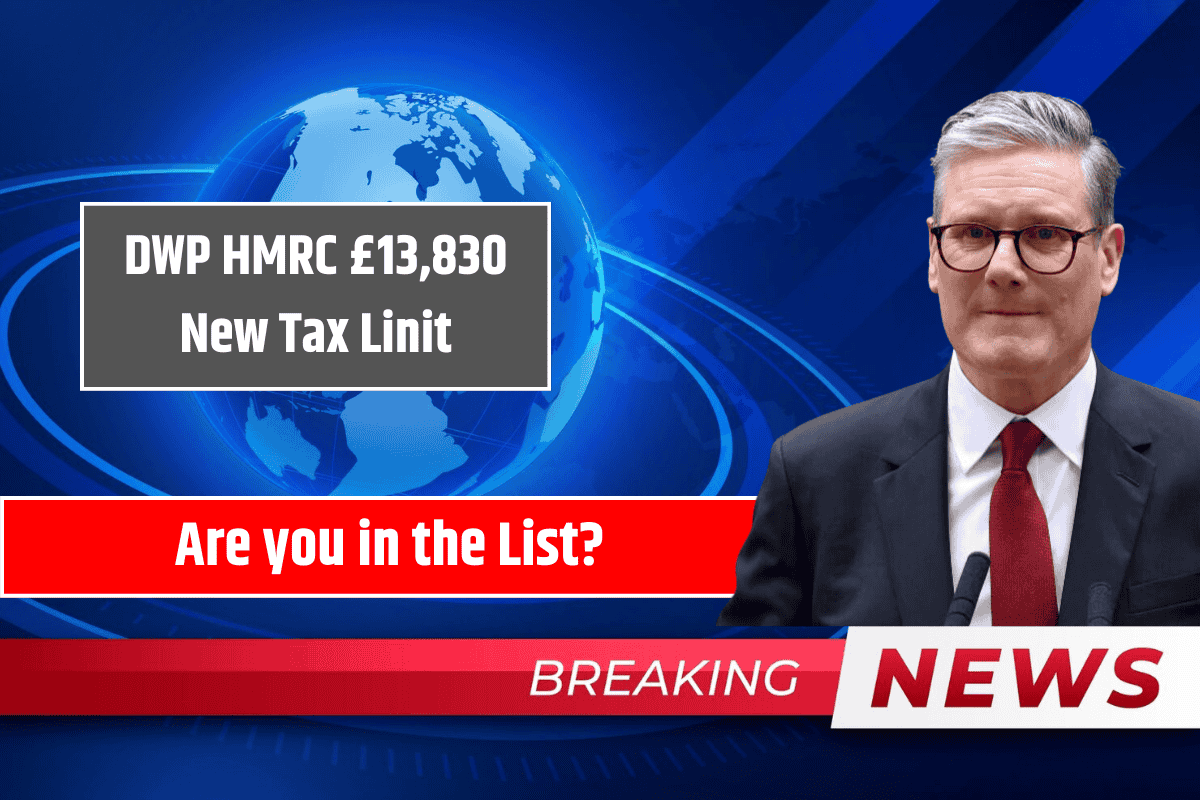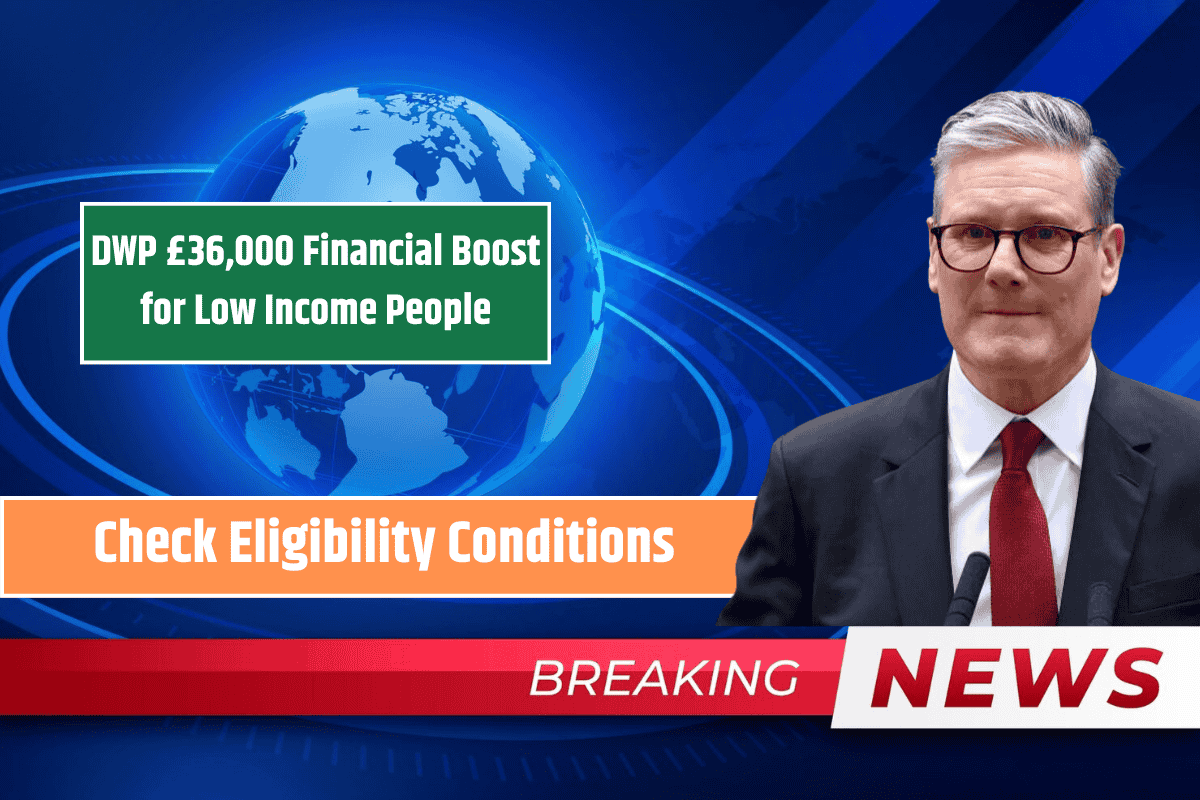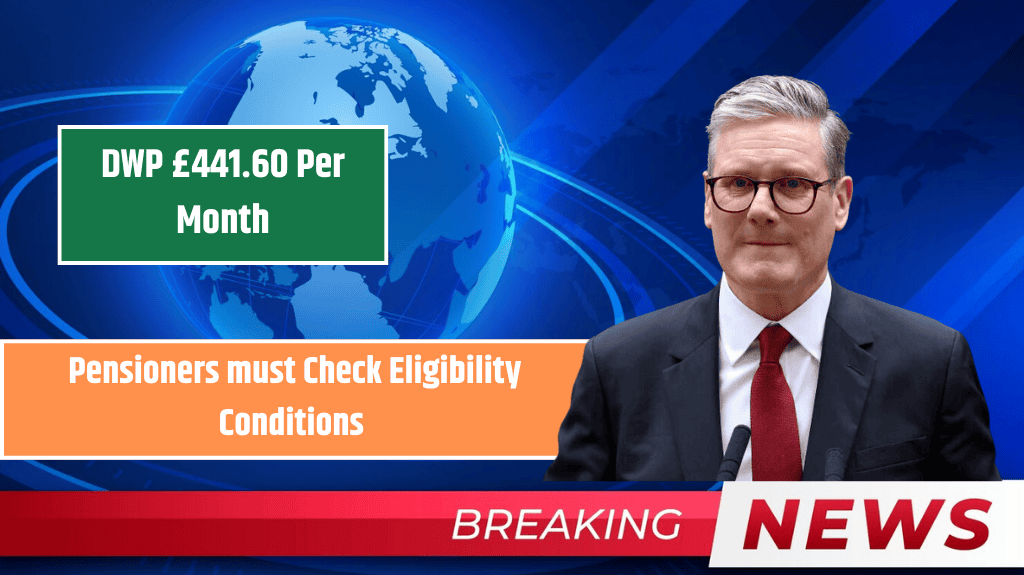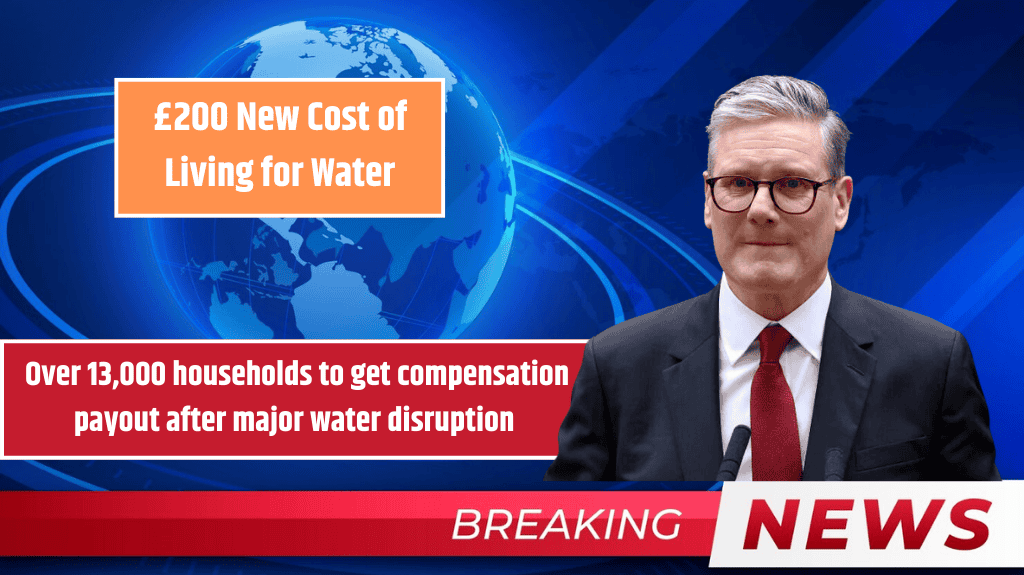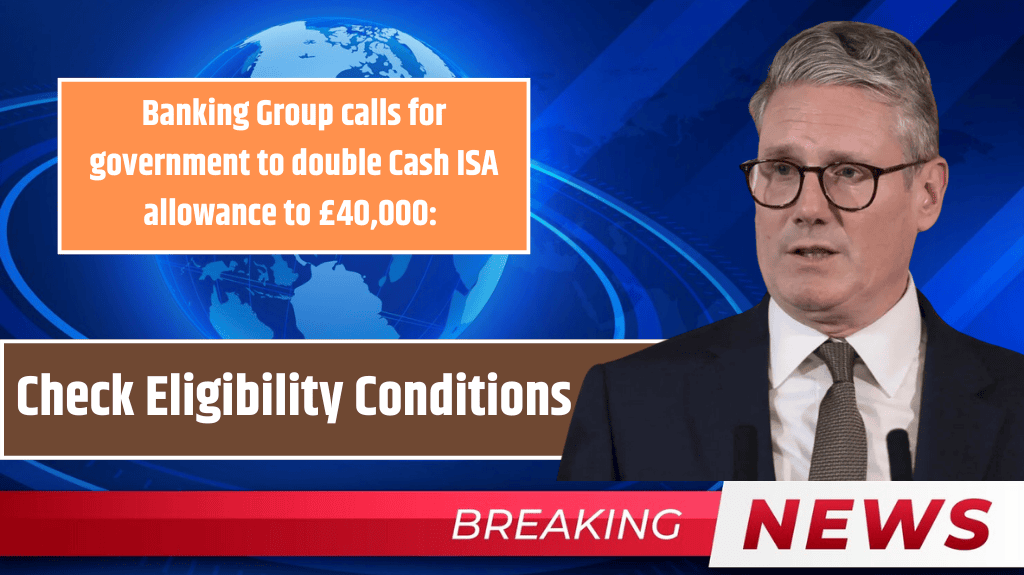Good news for UK households! Thanks to Marriage Allowance, couples can now save even more on their taxes. HMRC is increasing personal tax-free allowances to over £13,000. This simple transfer of part of your allowance could save you up to £252 a year.
Here’s everything you need to know about how it works, who can claim, and what happens if your situation changes.
What Is Marriage Allowance?
Marriage Allowance lets you transfer £1,260 of your unused Personal Allowance to your husband, wife, or civil partner.
This reduces their tax bill by up to £252 in a tax year (which runs from 6 April to 5 April the next year).
To claim Marriage Allowance:
- You must earn less than your Personal Allowance, which is usually £12,570.
- Your partner must pay tax at the basic rate (20%).
When you transfer your allowance, it increases your partner’s tax-free limit, meaning they pay less tax overall.
When You Must Cancel Marriage Allowance
You need to cancel your Marriage Allowance if:
- Your relationship ends (you divorce, dissolve your civil partnership, or legally separate).
- Your income changes and you’re no longer eligible.
- You simply no longer want to claim it.
If you’re not sure whether your income change affects your claim, you can call HMRC Marriage Allowance Enquiries for advice.
Important:
If your relationship ends, either you or your partner can cancel. But if you are cancelling for any other reason, the person who originally made the claim must cancel it.
If you file a Self Assessment tax return, leaving the Marriage Allowance section blank won’t cancel your claim.
You must cancel online or by phone.
What Happens After Cancellation?
If you cancel due to an income change, the transfer will continue until 5 April (the end of the tax year).
If your relationship ends, the cancellation might be backdated to 6 April (the start of the tax year).
What If Your Partner Dies?
If your partner passes away after transferring their allowance:
- Their estate keeps the higher Personal Allowance for that tax year.
- Your allowance goes back to the normal amount from the next tax year.
Example:
You earned £8,000 and transferred £1,260 to your partner.
- Your Personal Allowance became £11,310.
- Your partner’s became £13,830.
If your partner dies, their estate’s Personal Allowance remains at £13,830 for that year, and your allowance returns to £12,570 after 5 April.
If your partner had transferred their allowance to you before they died:
- Your Personal Allowance stays at the higher amount until the end of the tax year.
- Their estate will have the lower allowance.
Example:
Your partner’s allowance was £11,310 and yours was £13,830.
After their death, you keep the £13,830 allowance until the tax year ends.
Marriage Allowance is a simple way for couples to save money on their taxes. But it’s important to review your eligibility if your income or relationship status changes. If a claim needs to be cancelled, make sure to act quickly and correctly. By understanding how Marriage Allowance works — especially what happens if a partner passes away — you can make sure you’re making the most of your tax benefits. Always keep your details updated with HMRC to avoid any issues later.
FAQs
How much can Marriage Allowance save me?
Marriage Allowance can save couples up to £252 in tax per year by transferring £1,260 of unused allowance.
Who can apply for Marriage Allowance?
You can apply if you’re married or in a civil partnership, and one partner earns less than £12,570 a year.
When must I cancel Marriage Allowance?
You must cancel if your relationship ends, your income changes making you ineligible, or you simply no longer wish to claim.
What happens to Marriage Allowance if my partner dies?
Your Personal Allowance stays higher until the end of the tax year. The partner’s estate keeps their allowance for that year.
How do I cancel Marriage Allowance?
You must cancel online or by phone. Leaving the Marriage Allowance section blank on a Self Assessment form won’t cancel it.

